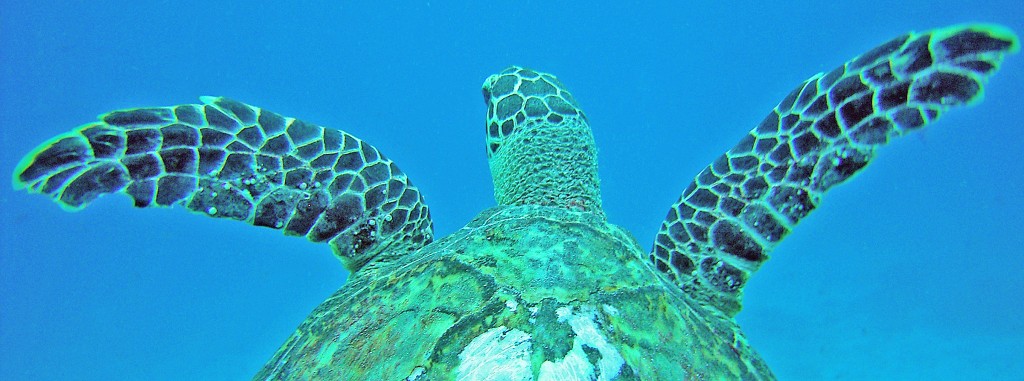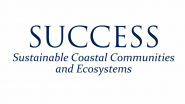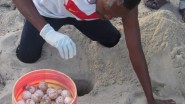
Coastal ecosystems — including estuaries, coastal wetlands, seagrass beds and coral reefs — are extremely productive systems. However, their continued ability to provide important environmental and economic goods and services is threatened by human activities. To protect these systems and sustain the flow of goods and services, CRC uses a suite of tools that are appropriate to the place and part of a broader coastal management strategy. One such tool is marine protected areas (MPA).
In North Sulawesi, Indonesia, CRC and its partners introduced one of the first models for a network of community-based MPAs. In the Philippines, CRC’s research and assessments of the effectiveness of MPAs has identified factors that most influence community-based MPA success or failure. CRC is working in Ghana to establish a national policy framework for MPAs, while in the Indian Ocean region we continue our MPA PRO initiative — an innovative program for assessing and certifying MPA professionals based on recognized standards of excellence in the field of MPA management.




